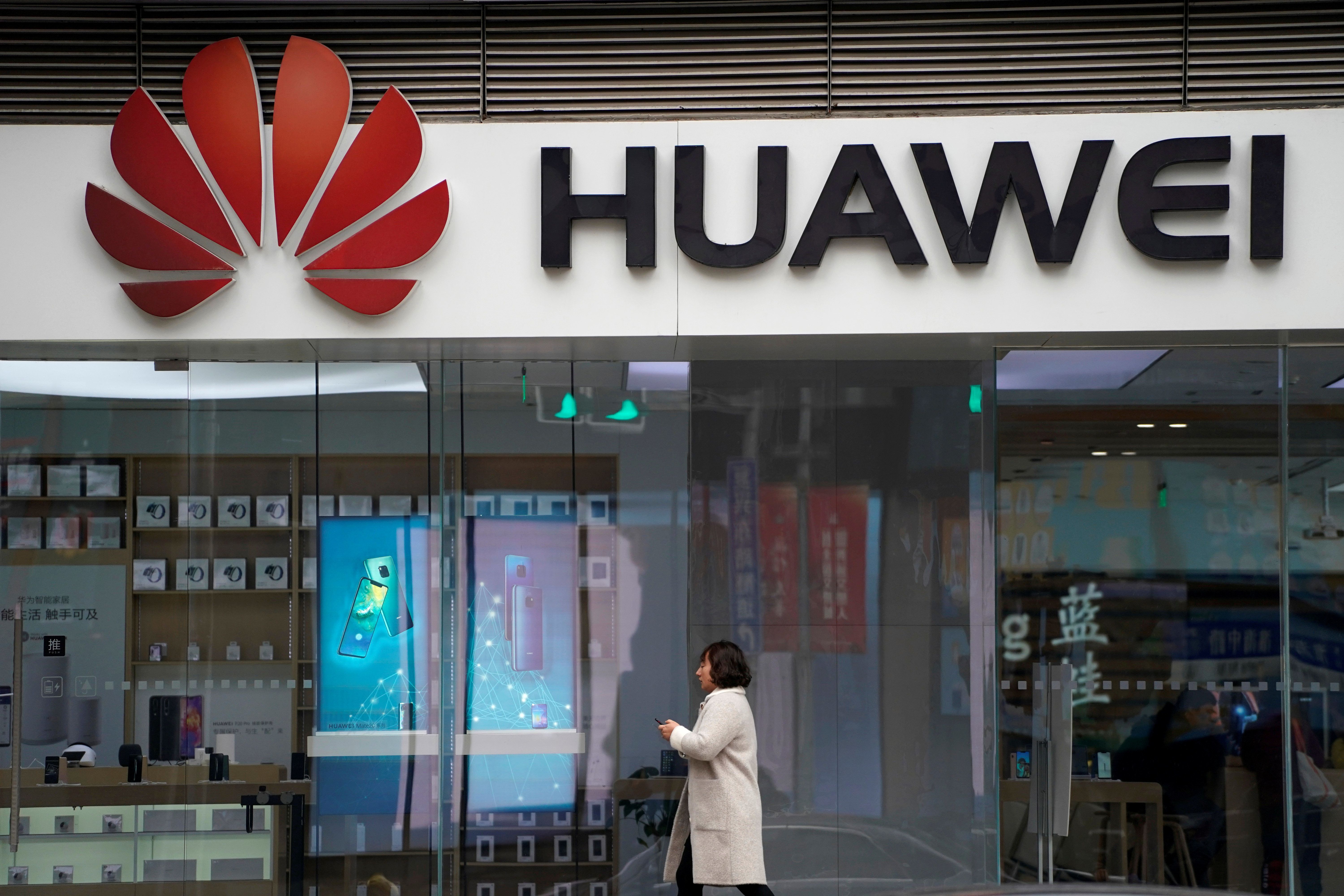Trade negotiations between the US and China took another step forward yesterday, with the Chinese taking steps to lower tariffs on US automobiles from 40 to 15 percent. The move further eases tensions after Presidents Trump and Xi declared a "trade truce" in Buenos Aires earlier this month.
In the background, though, a diplomatic and legal spat is unfolding that could prove far more consequential for the future of trade talks, and potentially the broader US-China relationship.
My colleague Willis Sparks wrote on Friday about the arrest of Meng Wanzhou, a top executive at the Chinese telecom giant Huawei , who was detained in Canada and is fighting extradition to the US over charges related to alleged violations of Iran sanctions. On Monday, a Canadian diplomat and aid worker, Michael Kovrig, was taken into custody in Beijing. The US is reportedly considering issuing a travel advisory for all Americans planning to visit China.
With so much at stake, here's a quick rundown on the latest twist in the US-China trade war:
The short-term problem: Washington and Beijing appear intent on not letting Meng's arrest upend their fragile trade truce. But the Huawei affair will probably make it harder to reach a meaningful breakthrough ahead of a March 1 deadline – after which US tariffs will rise on billions of dollars of Chinese goods. The arrest of Kovrig may be intended as a shot across the bow intended to influence the course of Meng's case.
While Meng was released on bail on yesterday, there's still a lot that could go wrong between now and March 1. Any appearance that she is being humiliated – by being put on a plane to the US in shackles, say – will inflame nationalist fervor around the incident in China and hinder Xi's ability to negotiate with the US on trade. President Trump, for his part, has hinted that the US might intervene in Meng's case if it was "good for what will be certainly the largest trade deal ever made." But he may have limited influence over how the case unfolds, given that it's primarily a law enforcement matter.
The longer-term problem: Even if Meng is eventually freed, Huawei itself could still face serious legal jeopardy in the US. Recall that Huawei's smaller rival ZTE was nearly pushed into bankruptcy earlier this year when the Commerce Department banned it from acquiring US technology for seven years in a similar sanctions case, before Trump granted it a last-minute reprieve.
China hawks in the Trump administration and Congress will almost certainly now push for similar treatment of Huawei. If they succeed, it would be politically explosive: Huawei is one of the world's leading suppliers of next-generation 5G networking technology, and it's much more critical to China's long-term tech and industrial ambitions than ZTE. China would likely see any move to restrict the export of US parts to Huawei as tantamount to a declaration of economic war.
The bottom line: Forget the car tariffs and other cosmetic trade fixes – if you want to know where the US-China relationship is going, keep an eye on what happens with Meng and Huawei.
